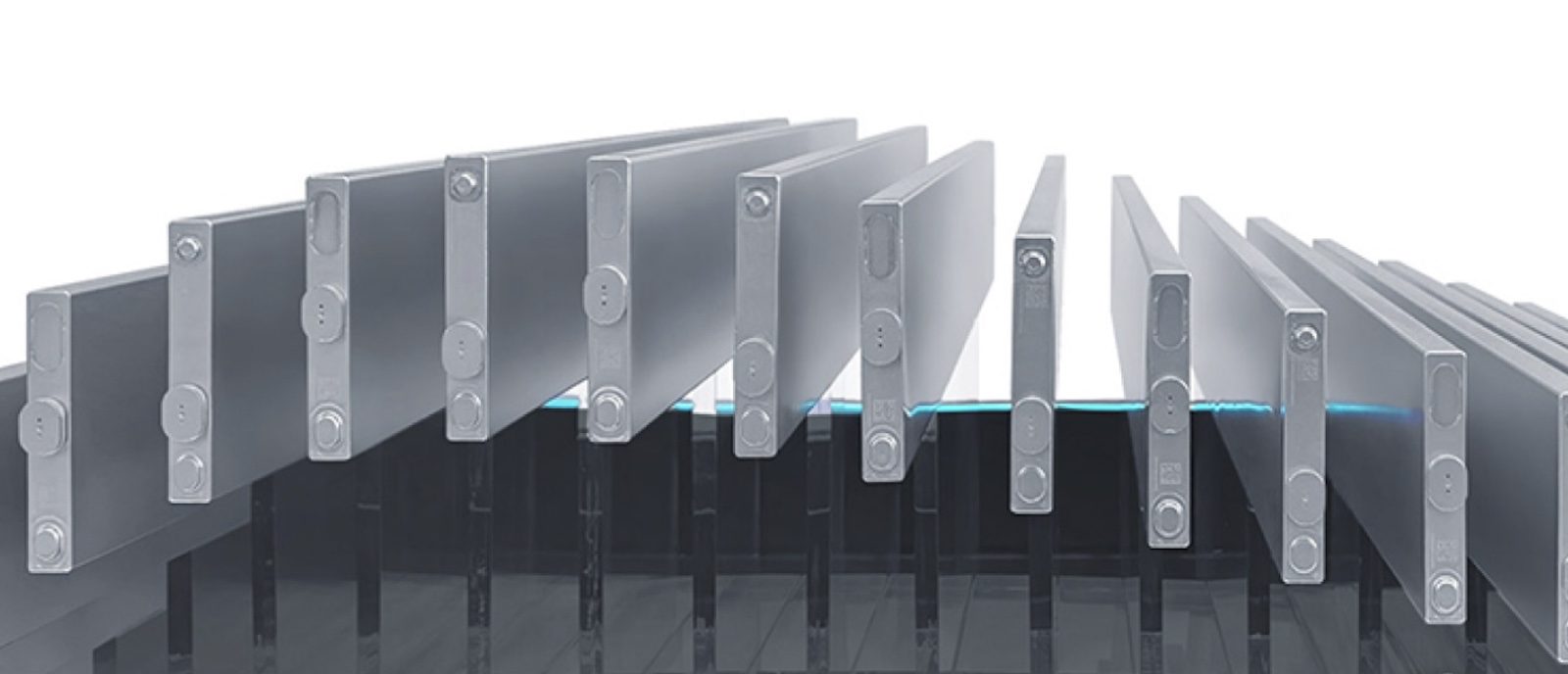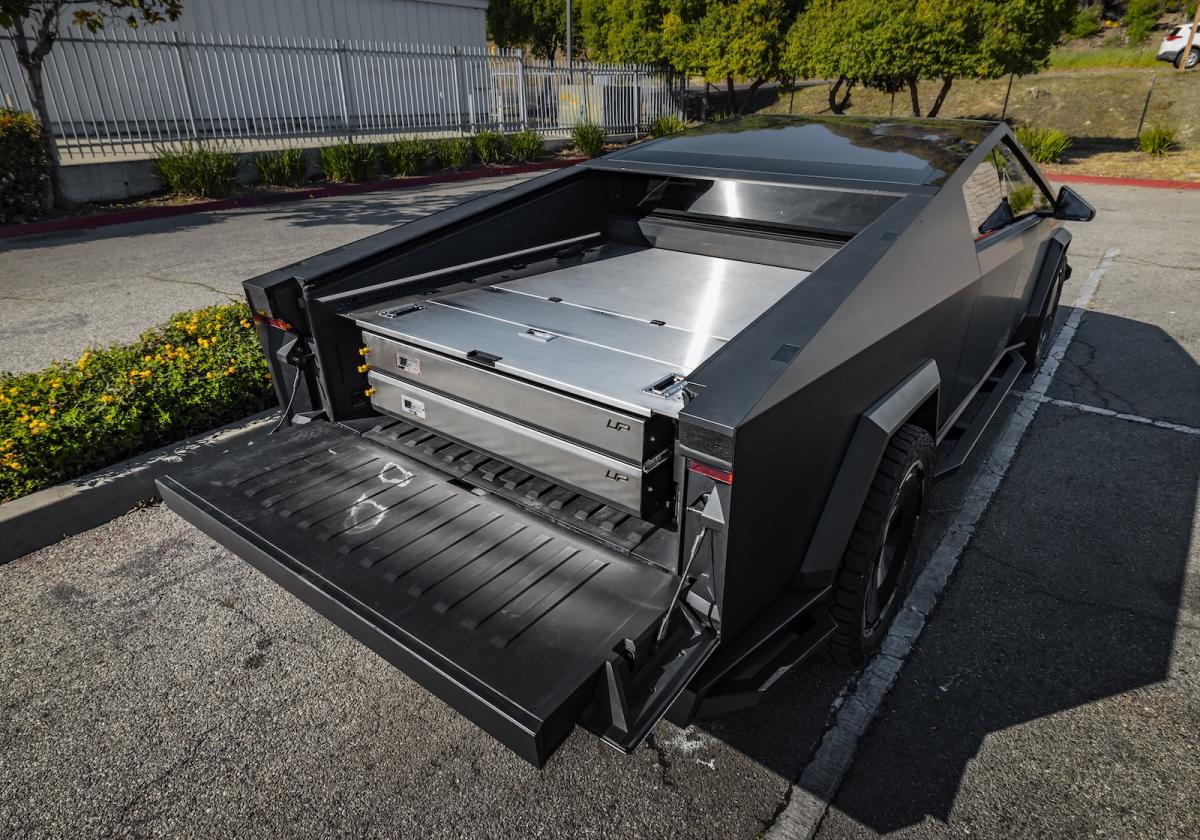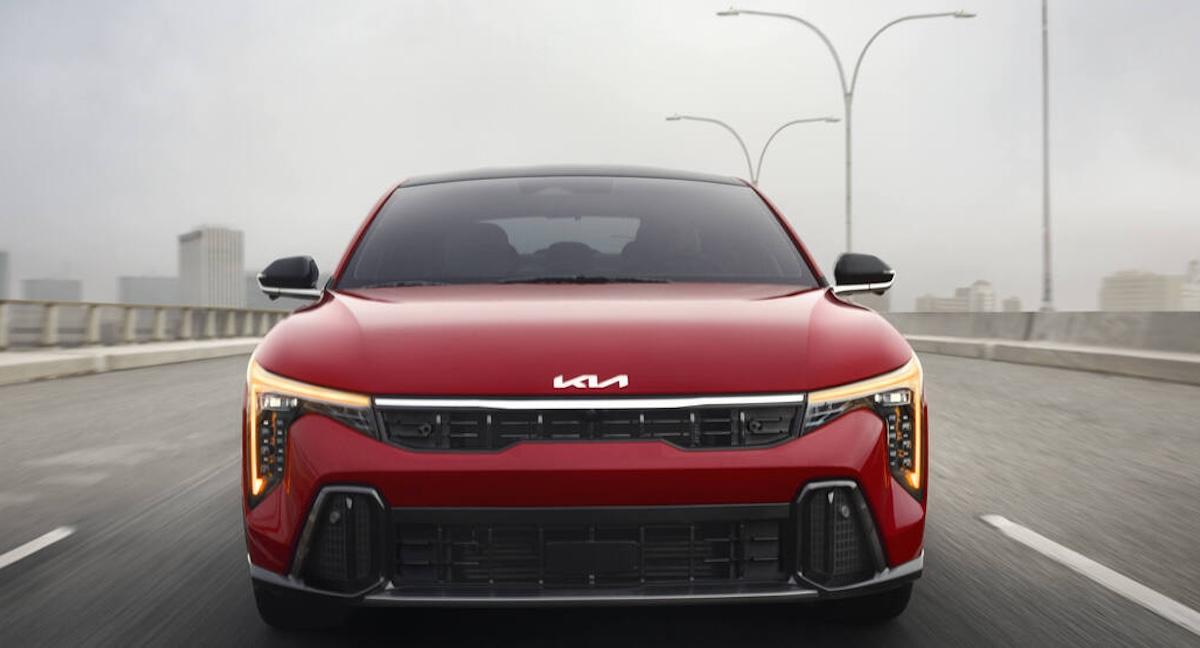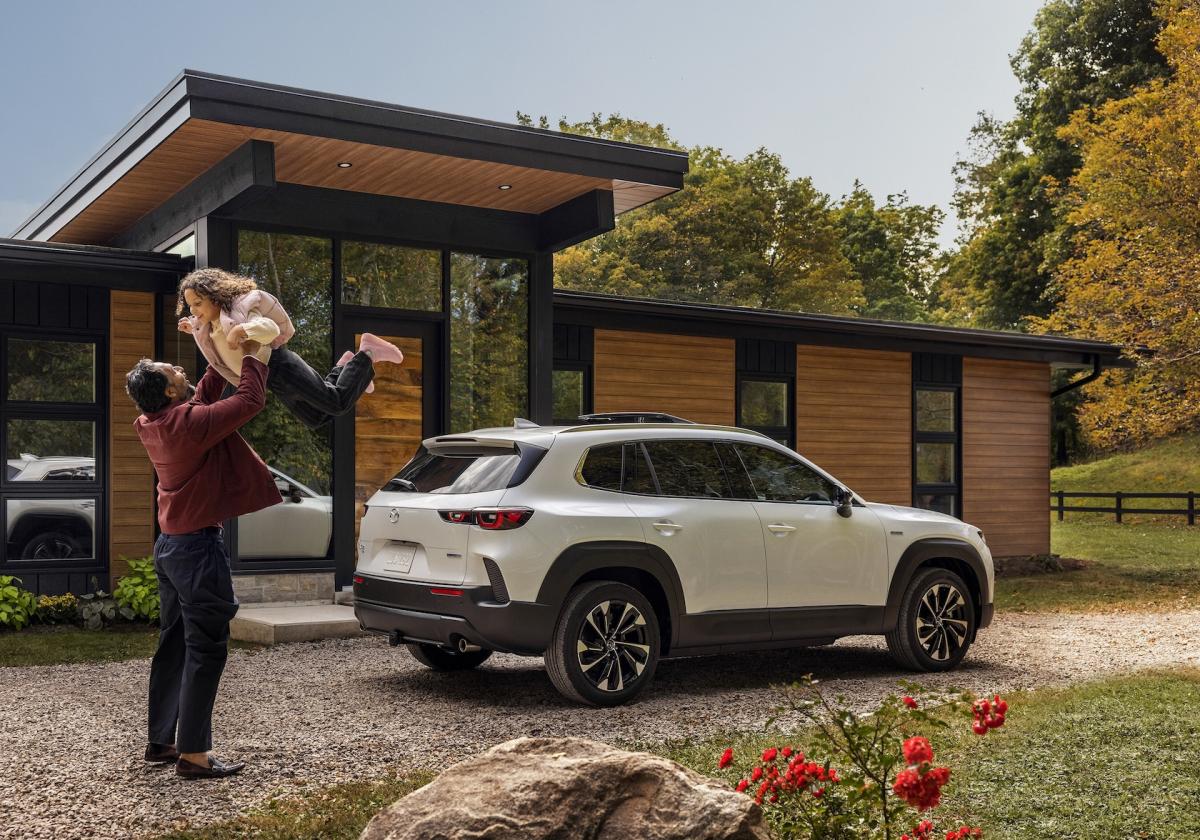- President Biden and congressional Democrats want to seed a domestic EV supply chain and reduce America’s dependence on China
- Carmakers have announced more than $73 billion in planned U.S.-based battery plants in 2022 alone
- If a manufacturer produces 70-kWh batteries for 1 million vehicles, its total credits would be worth $2.45 billion a year
To be able to build and supply the huge number of electric vehicles (EVs) expected onto the market over the next few years, automakers will have to sort out their battery production schedules, as tax breaks come online to stimulate sales growth. And the Biden Administration has that covered.
The administration’s plan to jump-start a domestic supply chain for EVs is on track to shatter expectations.
Democrats created a sizable budget and offered carmakers new tax credits as an incentive to scale up domestic battery manufacturing. All are racing to take advantage.
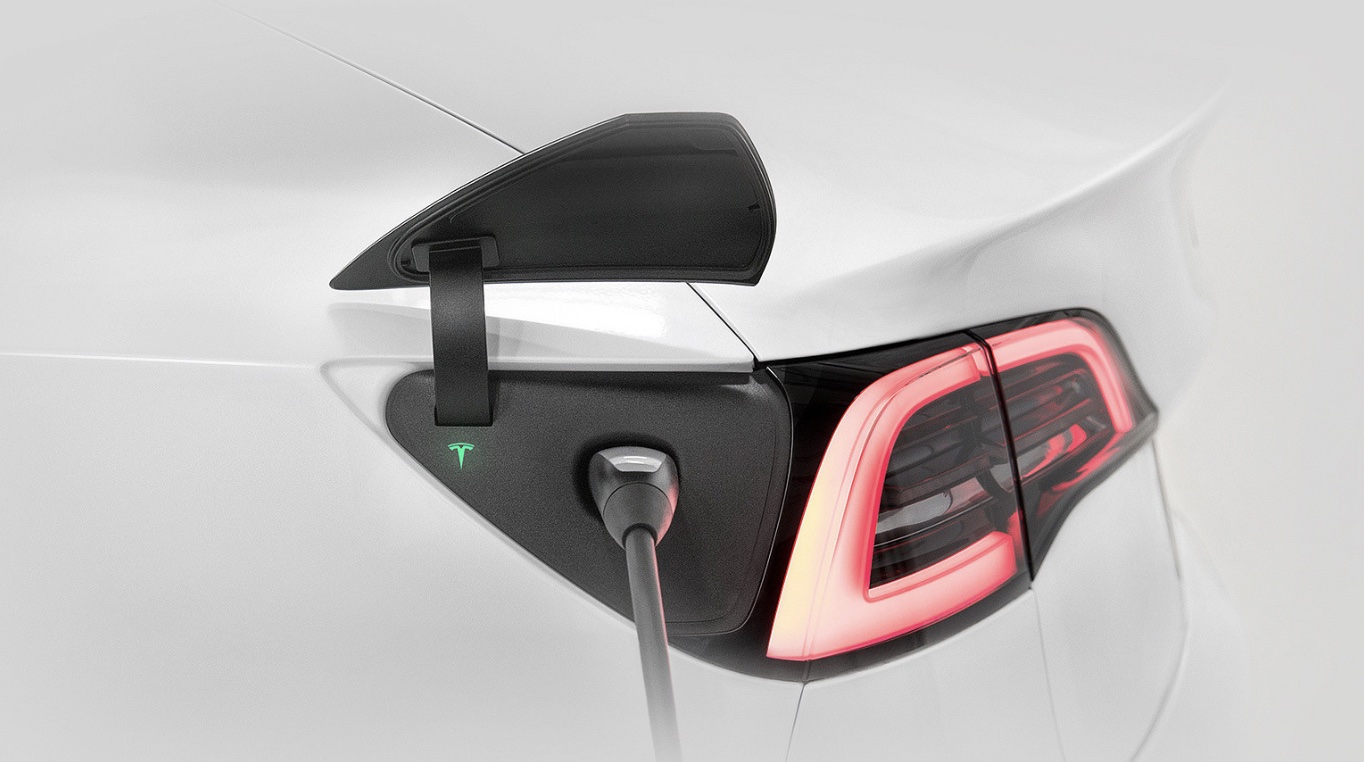
Some analysts say the value of those tax incentives may be four times higher than Congress’ budget experts originally anticipated.
This is exactly what President Biden and congressional Democrats wanted. They have to grow a viable domestic EV supply chain and reduce America’s dependence on China while accelerating the transition to cleaner transportation. Chinese carmakers including NIO, BYD and Xpeng, are making final preparations for a long-anticipated launch in America. And that will include large battery-making plants too.
Many carmakers have announced more than $73 billion in planned U.S.-based battery plants in 2022 alone, according to Atlas Public Policy. Meanwhile, the Inflation Reduction Act, passed last year, is loaded with goodies for consumers and carmakers to spur EV sales, mainly through tax breaks for EV buyers.
The most lucrative incentive offers battery manufacturers a tax credit of $35 per kilowatt-hour for each U.S.-made cell, which slices their production costs by a third. For example, if a manufacturer produces 70-kWh batteries for 1 million vehicles, its total credits would be worth $2.45 billion a year. That’s huge.
The numbers tell the story. During a debate session last summer, the Congressional Budget Office projected the tax credits would add up to about $30.6 billion over 10 years, including credits for solar and wind manufacturing. But the actual total is sure to be much higher, thanks to a jump in new battery plant construction in the U.S.
These developments will add up to big money for automakers. We can only hope that they pass those savings on to consumers because it could drive down the cost of new electric cars and accelerate sales.
Tesla alone expects to earn up to $1 billion in battery tax credits this year.
In a recent earnings call, CEO Elon Musk said the value of such credits could become “very significant” and potentially “gigantic” in future years.
Tesla’s Nevada plant will soon be able to produce 100 gigawatt-hours of battery cells, and that could grow to 500 gigawatt-hours in the future. At an annual production rate of 500 gigawatt-hours, the credits would be worth a staggering $17.5 billion per year.
Tesla will not be the only one to cash in. Other companies also stand to reap massive credits as they ramp up domestic battery production, including GM and Ford, and their Korean joint venture partners, such as LG Energy and SK Battery Innovation.
White House assistant press secretary Michael Kikukawa said it best. “We have already seen hundreds of billions of dollars in new private sector investments across clean energy industries, including batteries, electric vehicles, and solar panels. No one should be surprised that the historic Inflation Reduction Act will lead to an explosion in new EV plants that will showcase how American workers are the finest in the world.”
OUR THOUGHTS
This development is a huge shot in the arm for the EV industry. Offering tax breaks to EV buyers as well as offering tax incentives to battery makers can only compound to create a more EV-friendly buyers market. The battery production tax credits are just one of many U.S. policy initiatives intended to accelerate the transition to electric vehicles, which is happening quicker than you think.

